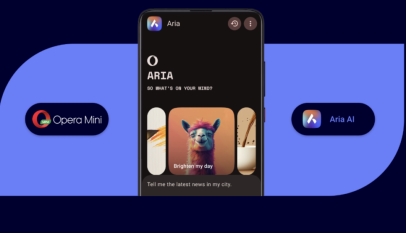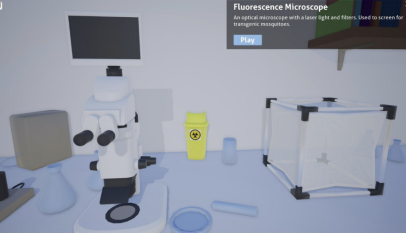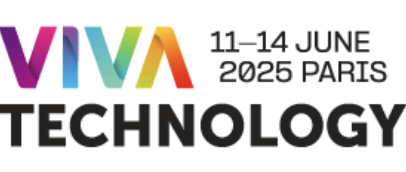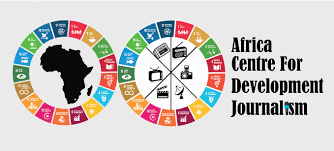EU ACT: Transforming Civil Society–Media relations in Nigeria
If they overcome their differences and begin to cooperate and collaborate with one another, CSOs and the media would become a veritable force in holding government and policymakers accountable in Nigeria
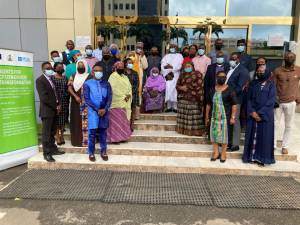
By Adam Alqali
Although the media is part of the broader definition of civil society, its strategic role in a democratic state as “watchdog” meant it is often viewed as a distinct entity. Irrespective of how the two are defined, what cannot be ignored is the fact that the roles of media and civil society in a democracy are very similar, even if their approaches differ. Good democratic governance is not attainable without a free press and an independent civil society providing oversight over the affairs of the government i.e ensuring transparency and accountability.
Accordingly, the role of these two important pillars of democratic society is complementary with CSOs ensuring government policies are pro-people while the media provide them the platform to reach policymakers with their advocacy. Thus, an ideal democratic society is one where there is cooperation and mutual understanding between Civil Society Organisations (CSOs) and the media. Unfortunately, in Nigeria, relations between the two is, to an extent, shrouded in mutual suspicion.
It was against this backdrop that the EU-funded Agents for Citizen-driven Transformation (ACT) programme, last week, brought together selected media practitioners and CSOs for a two-day open and frank dialogue on crucial strategies for improved CSOs engagement with the media as well as enhanced media reportage of CSOs activities, to provide a sense of credibility to the role of CSOs as drivers of change for sustainable development.
The four-year ACT programme empowers CSOs to be credible and effective drivers of change for sustainable development in Nigeria. The programme is implemented by the British Council in 10 selected states across the six geo-political zones of the country, namely, Adamawa, Edo, FCT, Kano, Lagos, Rivers, Sokoto, Borno, Plateau and Enugu.
While speaking on the two-day dialogue, Damilare Babalola, National Programme Manager for ACT, explained that the CSO-Media dialogue was aimed at fostering mutual understanding and respect between CSOs and the media, and intended for the duo to better understand their different yet mutually reinforcing roles and responsibilities so they can work collectively towards improved citizens engagement on key social issues.
“The dialogue has revealed the challenges and opportunities around the CSOs engagement with the media. I am glad that the issues came out strongly; they are the issues we want to hear. If the CSOs know the challenges of the media they can as much as possible provide support, and if the media understand the challenges of the CSOs, both can move towards a common ground. This will lead to better media reportage and better analysis of the impact of the work of CSOs in Nigeria,” said Babalola.
The led facilitator at the dialogue, Esther Ijeaku , Principal Consultant at Skill Hub Consulting, described the ACT CSO-Media dialogue as a strategic platform for facilitating a common ground between media and CSOs, through open and frank conversations which would form the foundation of future relationships and collaborations between CSOs and the media in Nigeria.
“Both are working towards public good, the media call them audience while CSOs refer to them as target beneficiaries. The media is referred to as society’s watchdog while CSOs are referred to as the Third Sector which make the duo intermediaries; improved relationship between intermediaries will only benefit the whole. Holding government accountable will be easier with the expertise of the CSOs and the platform the media offers,” Ijeaku assured.
One of the participants, Lanre Arogundade, Executive Director of the International Press Center (IPC), blamed the frosty relationship between CSOs and media on one hand, on CSOs being oblivious of the challenges of the media’s and journalists’ harsh operating environment in Nigeria; and on another hand, the media’s perception of CSOs as mere spenders of donor funds, against appreciating their role as genuine partners and major sources of information.
Arogundade thus enjoined donors and CSOs to, beyond seeking for their coverage, see journalists and the media as strategic partners and accordingly come up with strategies for resourcing the media. “CSOs have diverse target beneficiaries, the media can help them deliver their messages to their target beneficiaries and duty-bearers; because journalists have access to duty-bearers, they can make them to be accountable. I believe CSOs who do not appreciate this strategic role of the media will not be able to effectively deliver on their mandate.”
Another participant, Zainab Abdulnasir, a journalist from NTA Sokoto, described the prevailing relationship between the media and CSOs as wavering due to the atmosphere of mutual suspicion between the duo and however noted that the ACT dialogue had succeeded in fostering a common ground between CSOs and the media, both of whom she said, had the same end goal i.e serving citizens’ interest.
“CSOs and the media need to stop being suspicious of one another since we are both serving the interest of the people. The fact is media outfits need funds to survive, therefore CSOs can improve their relationship with media outlets by budgeting funds for the sponsorship of media programmes, radio and TV jingles so as to support the media and also through advocacy visits to media owners,” Abdulnasir said.
The EU ACT programme’s dialogue between CSOs and media was long overdue. Although the two are strong pillars of a democratic society, CSOs and media have not always worked in harmony in Nigeria. This is due to the prevailing atmosphere of mutual suspicion among the two key non-state actors. If they overcome their differences and begin to cooperate and collaborate with one another, CSOs and the media would become a veritable force in holding government and policymakers accountable in Nigeria.




